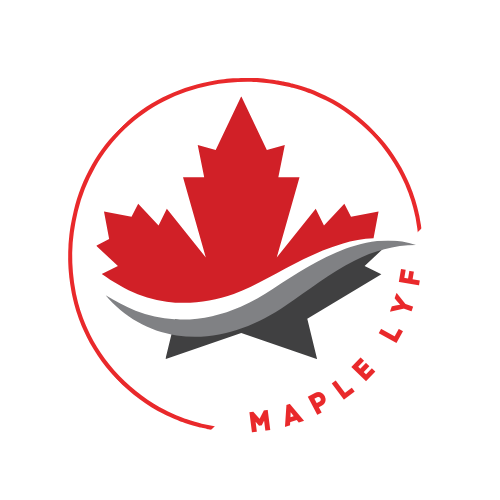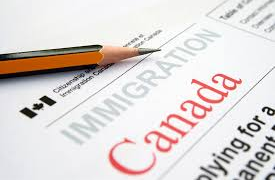As a new immigrant in Canada, navigating the financial landscape can be both exciting and daunting. One of the primary steps towards establishing oneself in a new country involves setting up banking services. Choosing the right bank can significantly impact your financial journey and ease the transition into Canadian life. With numerous options available, here’s a guide to some of the top banks that cater well to new immigrants in Canada.
1. Scotiabank

Known for its tailored services for newcomers, Scotiabank offers specific banking packages designed for immigrants. The ‘Scotiabank StartRight Program’ assists newcomers with credit cards, bank accounts, and guidance on financial matters. The program offers a variety of account options, often with no monthly fees for the initial year or more.
2. TD Canada Trust

TD Bank provides a comprehensive ‘New to Canada’ package tailored to meet the banking needs of newcomers. This package includes a range of services such as no-fee banking for the initial six months, a credit card with no Canadian credit history required, and guidance on various financial products.
3. RBC Royal Bank
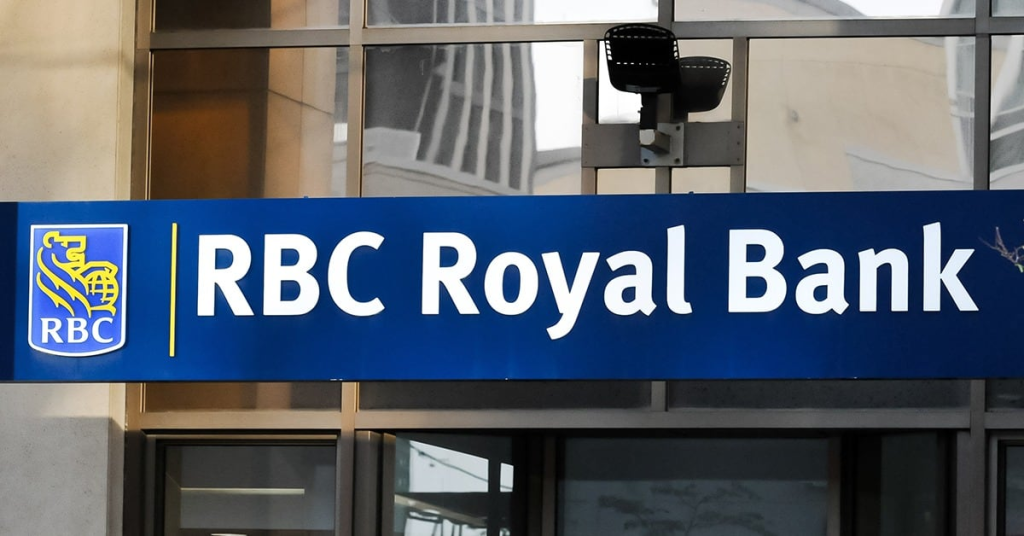
The ‘RBC Newcomer Advantage’ program offers a suite of banking solutions and financial guidance for immigrants. RBC provides newcomers with banking options that often include waived monthly fees for a specific period, credit cards, and personalized advice on establishing credit history.
4. CIBC (Canadian Imperial Bank of Commerce)
CIBC offers the ‘CIBC Welcome to Canada Banking Package,’ specifically designed to assist newcomers. The package typically includes a bank account with no monthly fees for a specific period, a credit card, and resources to help immigrants adapt to the Canadian financial system.
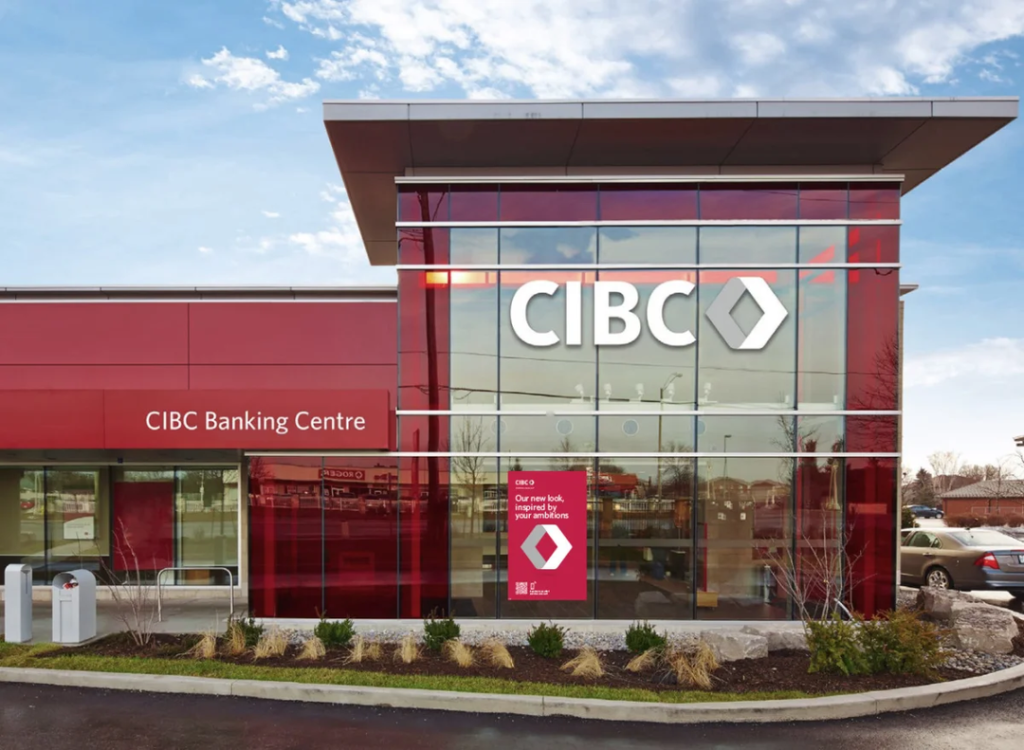
5. BMO (Bank of Montreal)
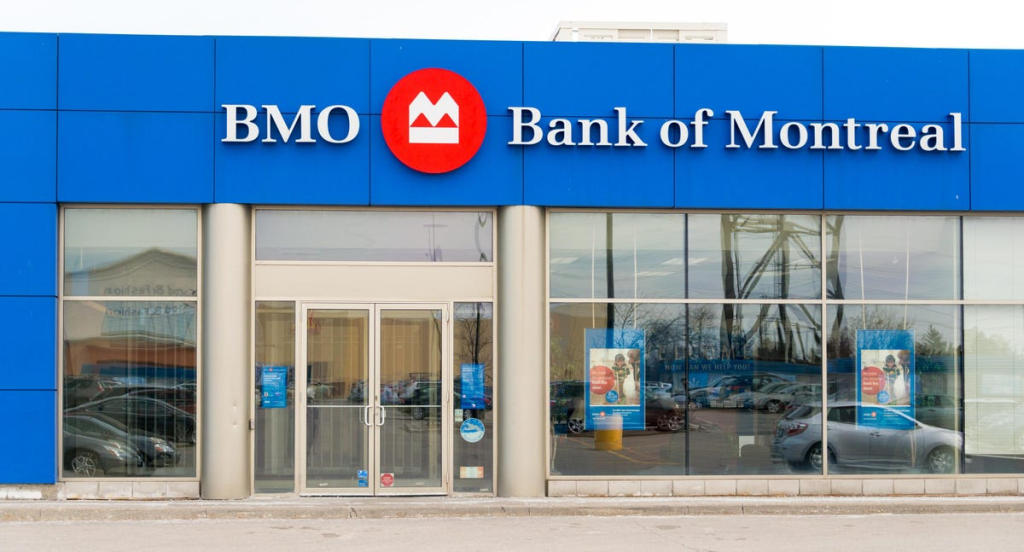
BMO’s ‘NewStart’ program is crafted for newcomers, offering banking solutions to help ease the transition. The package may include a range of services, such as a banking account with no monthly fees for a specified duration, credit cards, and guidance on establishing credit in Canada.
Factors to Consider:
- Account Fees: Look for banks offering waived or reduced fees for newcomers for a certain period.
- Credit Building: Seek banks that assist in building credit history for newcomers, crucial for future financial endeavors.
- Services Offered: Consider services beyond basic banking, such as credit cards, loans, and investment options.
Final Thoughts
When selecting a bank as a new immigrant in Canada, it’s crucial to consider your financial goals and the services that best suit your needs. Each bank offers tailored programs to assist newcomers in different ways. Researching and comparing these options can help in making an informed decision that sets a strong foundation for your financial journey in Canada.
Remember, while these banks have specialized programs for newcomers, it’s essential to inquire about specific terms, conditions, and any additional requirements before making a final decision. Ultimately, choosing the right bank can significantly contribute to a smooth transition and successful financial integration into life in Canada.
Bank Requirements
The specific requirements for opening a bank account in Canada can vary slightly from one financial institution to another and may also depend on the type of account you wish to open. However, some general requirements typically apply for most banks:
Personal Identification:
- Government-Issued ID: A primary piece of identification such as a valid passport, Canadian driver’s license, provincial ID card, or Permanent Resident Card (PR card).
- Secondary ID: Some banks might request a secondary form of identification, which could include a birth certificate, social insurance number (SIN) card, or a utility bill with your name and address.
Residential Address:
- Proof of Address: A document confirming your residential address in Canada, such as a lease agreement, utility bill, or a bank statement from another financial institution (issued in Canada).
Additional Documentation:
- Social Insurance Number (SIN): Though not always mandatory, having a SIN can be beneficial. Some banks may require it for tax purposes or to open certain types of accounts.
- Employment or Income Information: Some banks may request information about your employment status, income, or source of funds.
Special Cases:
- Newcomers to Canada: New immigrants may be eligible for specific newcomer banking programs. These programs might have different documentation requirements or waived fees for a certain period.
- Students: Students studying in Canada might have access to student-specific accounts, often requiring proof of enrollment in a Canadian educational institution.
Things to Note:
- Minimum Age: Generally, individuals need to be at least 18 years old to open a bank account independently. Some banks offer accounts for minors with a parent or guardian as a joint account holder.
- Fees and Minimum Deposits: Some accounts might have minimum balance requirements or monthly fees. Ensure you understand the fee structure associated with the account you intend to open.
Before heading to a bank to open an account, it’s advisable to check the specific requirements and documentation needed by the bank you’re interested in. Many banks provide information on their websites about the documents required for different types of accounts or even have online account opening options.
Ensuring you have the necessary documentation ready beforehand can streamline the account-opening process and make your transition into the Canadian banking system smoother.
